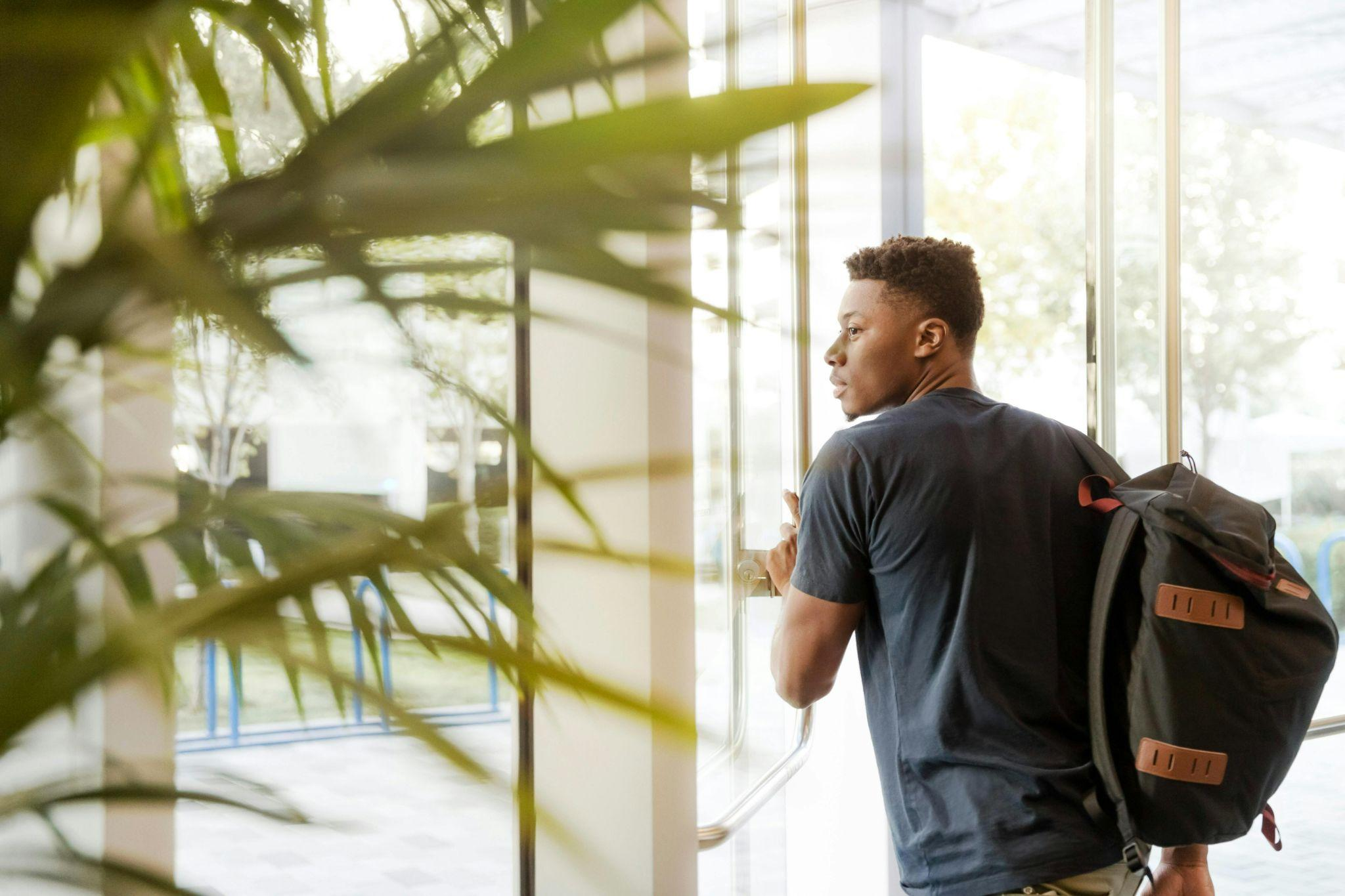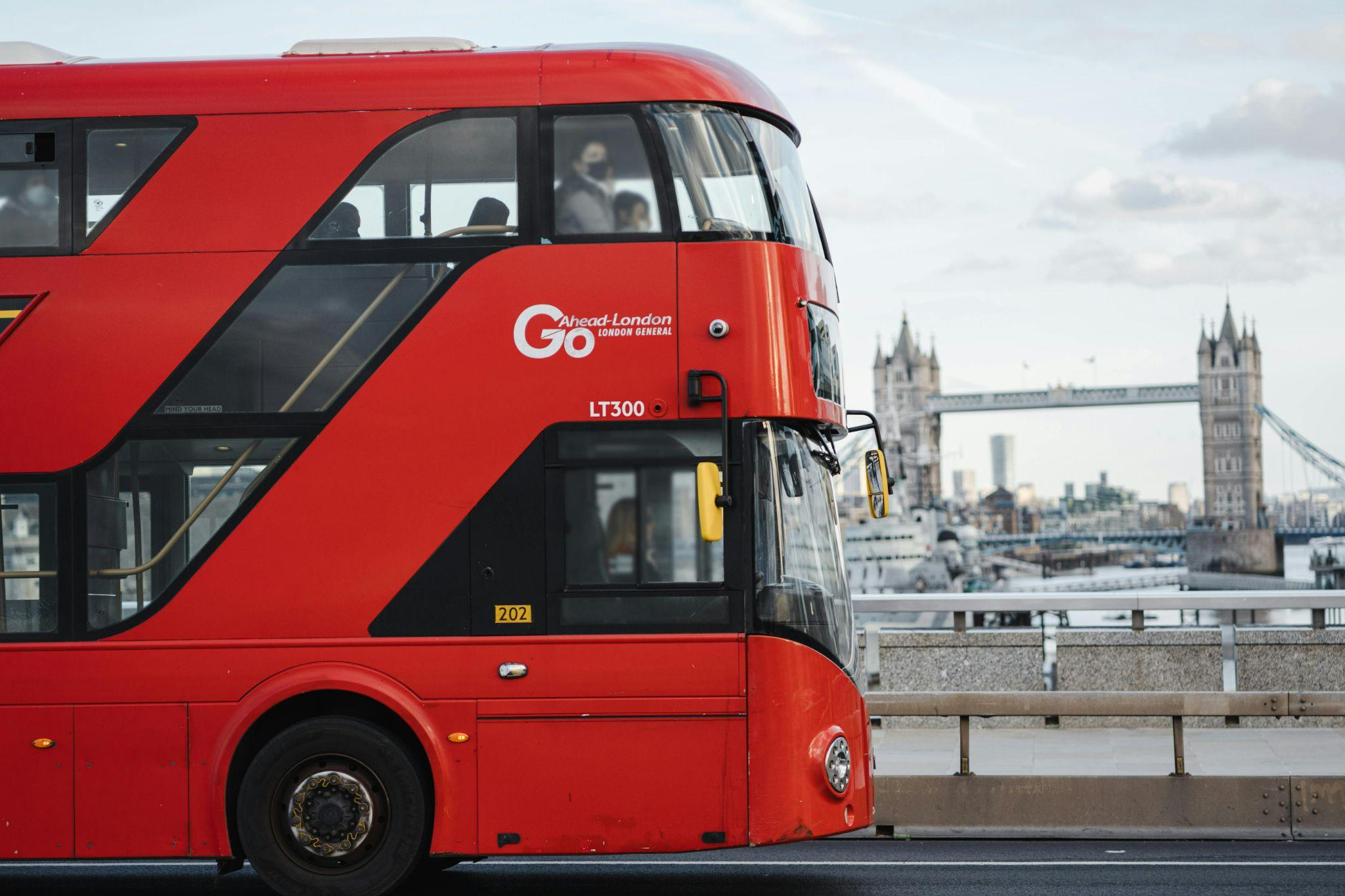Moving to a new city like London for your studies is incredibly exciting, but it’s crucial to stay safe while enjoying everything this vibrant city has to offer. Whether you’re living in a student hall or renting a flat, these student safety tips will help you navigate London confidently and securely.
Understanding London’s Crime Rates
Knowing the landscape can help you make informed decisions. In 2023, London had an overall crime rate of 105 crimes per 1,000 people. The most common crimes included violence and sexual offences, affecting approximately 30 out of 1,000 people during the daytime. Some areas like Haringey, Newham, and Lewisham are noted as the most dangerous, whereas the City of London, Richmond upon Thames, and Harrow are considered the safest. Being aware of these statistics can help you choose safer areas to live and travel in.
Choosing the Right Student Accommodation

Your choice of accommodation plays a significant role in your safety. Most students prefer privately rented properties. Here are some safety tips for students when choosing accommodation:
Research the Area
Check the crime rates and reviews of the neighbourhood. Websites like the UK Crime Map can provide detailed insights. Additionally, join local student forums or Facebook groups to get firsthand information about the safety and living conditions in various areas. Popular student neighbourhoods include Camden, Shoreditch, and Greenwich, each offering a unique vibe and varying levels of safety.
Secure Your Home
Ensure your accommodation has sturdy locks on doors and windows, and, if possible, a security system. A well-secured home is less attractive to potential burglars. Look for properties with secure entry systems, such as key fobs or intercoms, and consider installing additional locks or an alarm system if your landlord permits. Always double-check that windows and doors are locked before leaving your residence.
Get Insured
Protect your belongings with student insurance. This can give you peace of mind knowing your valuables are covered in case of theft or damage. Insurance policies can cover a range of items from laptops and phones to bicycles and musical instruments. Compare different insurance providers to find the best coverage for your needs, and ensure your policy includes accidental damage and theft both inside and outside your home.
Consider Distance to Campus
Living close to your campus not only saves time and travel costs but also reduces the likelihood of having to travel through unsafe areas, especially late at night. Proximity to campus facilities, such as libraries and gyms, can enhance your overall student experience.
Check for Safety Measures
Look for accommodations with additional safety features like CCTV, well-lit entrances, and on-site security personnel. These features can significantly enhance your security and provide extra reassurance, especially if you’re living in a larger apartment complex or student residence.
Safety Tips for Students

Once settled, maintaining your safety involves daily vigilance. Here are some London safety tips to keep in mind:
Stay Aware of Your Surroundings
Always be alert, especially in crowded places like public transport or tourist spots. Avoid distractions like using your phone excessively when walking. Being mindful of your surroundings helps you notice suspicious activities and avoid potential hazards. In busy areas such as Oxford Street or during large events, keep your belongings close and avoid displaying expensive items like smartphones or jewellery openly.
Register Your Belongings
Use services to register your valuables and mark them with UV pens. This can help police recover your items if they’re stolen. Websites like Immobilise allow you to register the serial numbers of your electronic devices and other valuable items. This makes it easier for the police to trace and return stolen property. Additionally, consider using tracking devices on high-value items like laptops and bicycles.
Travel Smart
Use well-lit and busy routes, and avoid walking alone at night if possible. If you must travel late, let someone know your whereabouts. Utilise apps like Citymapper to plan your safest routes and check for any disruptions or closures. When using public transport, sit near the driver or in well-populated carriages. Services like Uber and licensed taxis can provide safer travel options late at night.
Be Cautious with Strangers
While Londoners are generally friendly, it’s important to be cautious when approached by strangers. Scammers and pickpockets often target students and tourists. Avoid giving out personal information and be wary of unsolicited offers or deals that seem too good to be true.
Check University-Provided Student Safety Resources
Many universities offer student safety services such as shuttle buses and on-campus escort services. Take advantage of these resources to ensure you get home safely after late-night study sessions or social events. Check your university’s website or student handbook for information on available safety services and how to access them.
Keep Emergency Contacts Handy
Being proactive about your safety and knowing who to contact in an emergency can save lives. Always have a list of emergency contacts readily available, including local police, campus security, and trusted friends or family. Program these numbers into your phone and have a written copy in case your phone is lost or stolen.
Using Public Transport Safely

Public transport is a lifeline in London, but it comes with its own set of risks. Follow these safety tips for London transport:
Travel During Peak Hours
Try to travel when there are more people around. Buses and trains are generally safer when they’re crowded. If you have to travel late at night, try to use the Night Tube or Night Buses, which have more passengers and staff around.
Know Your Route
Plan your journey in advance to avoid getting lost. Apps like Citymapper can help you find the quickest and safest routes. Check the status of your route before you leave to avoid unexpected delays or closures, and consider having a backup plan in case your initial route is unavailable. If you’re unsure about your route, don’t hesitate to ask a Transport for London (TfL) staff member for help.
Stay Vigilant
Keep an eye on your belongings and be aware of your surroundings. Pickpockets often operate in busy areas, so keep your bag zipped and close to your body. If you’re carrying a backpack, consider wearing it on your front in crowded areas to keep it within your sight. Avoid displaying expensive items like smartphones or tablets while travelling.
Be Cautious at Stations
While waiting for your train or bus, stand in well-lit areas and stay near other passengers. If you feel uncomfortable or unsafe, move closer to station staff or fellow travellers. Late at night, try to wait in areas with good lighting and CCTV coverage.
Use Official Services
When hailing a taxi, use only licensed black cabs or pre-booked minicabs. Avoid unlicensed cabs as they can be unsafe. Services like Uber are also a safer option if booked through the official app. Make sure to check the driver’s details and vehicle registration before getting in.
Emergency Procedures
Familiarise yourself with emergency procedures for different modes of transport. Know where the emergency alarms and exits are located. If you feel threatened, don’t hesitate to use the emergency alarm or contact TfL staff.
Stay Connected
Let someone know your travel plans, especially if you’re travelling late at night. Share your live location with a trusted friend or family member using apps like WhatsApp or SafeZone.
Social Safety for Students
Socialising is a huge part of student life. Here’s how to stay safe while having fun:
Stick Together
Always go out with friends and look out for each other. Establish a buddy system where you all check in on each other throughout the night. Make sure everyone knows the plan for getting home safely. Arrange a meeting point in case anyone gets separated from the group.
Watch Your Drinks
Never leave your drink unattended to avoid drink spiking. If you’re unsure about your drink, it’s safer to get a new one. Be cautious of accepting drinks from strangers, and always watch your drink being prepared by the bartender. Use anti-spiking drink covers or test kits if available.
Know Your Limits
Enjoy responsibly and know when it’s time to go home. Overindulgence can make you more vulnerable to accidents and crime. Keep hydrated and eat before going out to help manage your alcohol intake. Alternate alcoholic drinks with water or soft drinks to stay in control.
Plan Your Journey Home
Ensure you have a safe way to get home. Pre-book a taxi or arrange for a trusted friend to pick you up. Avoid walking home alone, especially at night. Use well-lit, busy routes and consider sharing your live location with a friend.
Stay Informed About Venues
Choose reputable bars and clubs that are known for good security measures. Look for places with security guards and surveillance cameras. If you’re unfamiliar with the venue, do a quick online search for reviews and safety ratings.
Be Aware of Your Surroundings
Pay attention to your environment and the people around you. If you notice anything suspicious or feel uncomfortable, trust your instincts and remove yourself from the situation. Don’t hesitate to alert security staff or call the police if necessary.
Use Technology for Safety
Utilise safety apps that can alert your friends or family if you’re in trouble. Apps like SafeZone and bSafe provide features like GPS tracking, emergency alerts, and direct communication with emergency contacts. These apps can also allow you to share your location with trusted friends or family members in real-time. Some apps have built-in alarms and recording functions that can be activated in emergencies.
Online Safety Tips for Students

In the digital age, online safety is crucial, especially for students. Here are some safety tips for students’ online security:
Use Strong Passwords
Protect your accounts with complex passwords. Consider using a password manager to keep track of them. Regularly update your passwords and avoid using the same password for multiple accounts. Strong passwords should include a mix of letters, numbers, and special characters. Avoid using easily guessable information like birthdays or common words.
Be Cautious
Don’t share personal information with strangers online. Be wary of phishing scams and dubious links. Always verify the authenticity of emails and messages before clicking on links or providing information. Look out for signs of phishing such as generic greetings, spelling errors, and urgent language. If in doubt, contact the organisation directly using a known and trusted method.
Update Regularly
Keep your software and antivirus programs up to date. This helps protect against the latest security threats. Enable automatic updates for your operating system and applications to ensure you have the latest security patches. Additionally, use a reliable antivirus program and perform regular scans to detect and remove malware.
Secure Your Devices
Use security features like fingerprint recognition or facial ID to lock your devices. Always lock your computer or phone when not in use to prevent unauthorised access. Consider installing tracking software on your devices so you can locate them if they are lost or stolen.
Be Mindful on Social Media
Adjust privacy settings on social media accounts to control who can see your information. Be cautious about what you share online, as oversharing can make you a target for cybercriminals. Avoid posting your location in real-time and review your posts and photos to ensure they don’t reveal too much about your personal life.
Use Secure Networks
Avoid using public Wi-Fi for accessing sensitive information like banking or personal accounts. If you must use public Wi-Fi, consider using a Virtual Private Network (VPN) to encrypt your data and protect your privacy. At home, ensure your Wi-Fi network is secured with a strong password.
Educate Yourself
Stay informed about the latest cyber threats and learn how to recognize them. Many universities offer workshops and resources on students’ online safety. Taking the time to educate yourself can help you stay one step ahead of cybercriminals.
Backup Your Data
Regularly backup important data to an external hard drive or a cloud service. This ensures you can recover your information in case of a cyber attack or hardware failure. Set up automatic backups to make this process easier and more reliable.
Final Thoughts on Student Safety in London
London is a fantastic place to live and study, with its rich history, diverse culture, and vibrant student life. By following our safety tips, you can live in London safely. Remember, your safety is a priority, so always stay vigilant and prepared.
Stay safe and make the most of your student life in London!


